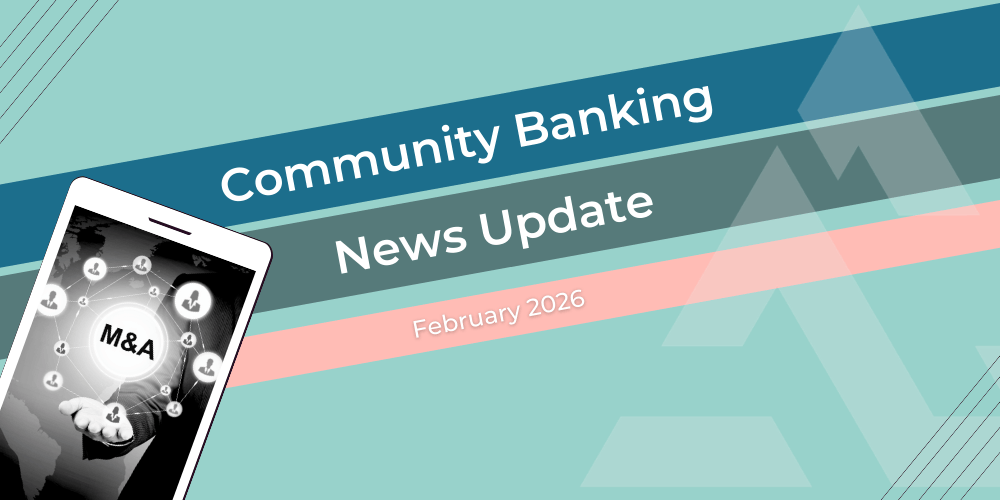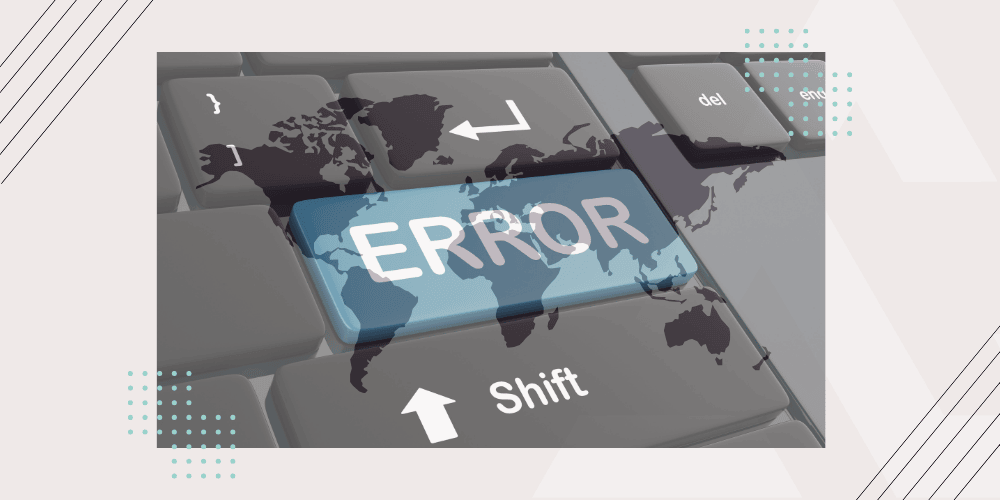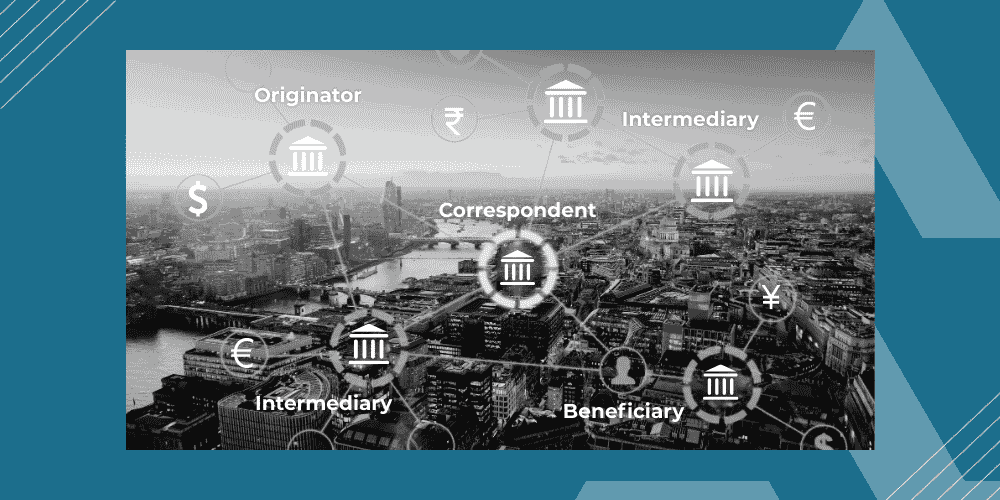A banking veteran makes the case for community banks to break the bounds of geography and team up to pursue new opportunities.
From cattle to core conversions, he's seen it all. Dave Mayo is a real-life cowboy, a strategist, and a mover and shaker in the community banking industry. As the Founder and CEO of FedFis, the data analytics firm that tracks financial, M&A, and vendor activity across every U.S. bank and credit union, he has made it his mission to bring innovation and transparency to the community banking industry.
Together with his son Tanner, Dave also launched Bankers Helping Bankers, a nonprofit organization that helps community financial institutions navigate technology decisions and compete with larger banks and fintechs. Known collectively as the Fintech Cowboys, the Mayos are fierce advocates for community financial institutions, armed with deep data and no patience for buzzwords.
In this wide-ranging conversation, Dave opens up about innovation, risk, embedded finance, and why the real threat to community banks isn’t what you think.
What’s tougher, ranching or banking?
They’re both unpredictable. When things are stable, they’re both pretty easy. But when times are chaotic, it gets tough to manage. You learn to deal with it. That’s just the way it is, right?
There is one thing, though, that I think everybody could appreciate. You don’t keep doing the same thing all the time. If you do, you get left in the past. That’s banking. If you just stand there and do the same thing you’ve always done, somebody’s going to sneak up and take it from you.
You’re a fifth-generation rancher and fourth-generation banker. How did you end up in technology?
We’ve often laughed about this. Some of the best people in this business didn’t set out to be here. It’s just happenstance. You work at a bank, then at a software company, and the next thing you know, you’re called the “smartest guy in the world.” It just unfolded that way, and you realize you’ve ended up in a place where you can actually do some good.
Do you think fear is holding banks back from innovating?
So, this is the deal. As bankers, we're supposed to be as risk-averse as we can possibly be. At the same time, we need to innovate. You damn sure won’t be able to compete with the big banks if you don’t do anything, I can tell you that.
We’re data guys. And the data says, as of this morning, there are 150 sponsor banks, 140 direct banks (a division of a chartered institution), and 660 fintechs. The direct bank is the fastest-growing segment. The trajectory is up. That’s the part people are missing.
The merchant side is picking up steam. They didn’t take your DDA, but they took an area that you weren’t involved with, the embedded finance piece, and accelerated there. It’s death by a thousand cuts and you don’t notice until it’s too late.
So what can community banks do to protect themselves and grow non-interest revenue?
Community banks need to own small businesses. That’s not political, it just is. We've been shackled to this charter concept built around geography. What embedded finance means is you can break the geography cycle. That's a big deal. So, a small bank out there can do things nationwide now. You don’t have to change your local service. But for the first time ever, you can serve your community and go nationwide. And do it in a fully compliant way, without building a 1,000-person staff.
You’ve said a lot of the mainstream narratives about bank fintech partnerships are just wrong. What’s the real story?
Almost everything we hear is wrong and defeatist. We look at the data and go, “That’s not what’s happening.”
Take Synapse, that’s a story of how not to do things. But that doesn’t mean this whole embedded finance model is bad. There are a hundred better ways. Bankers need to stop reacting to headlines and start looking at facts. If bankers aren’t following the money, they’re going to get left behind.
There are a lot of things happening where, in the past, it was just the big guys that got to play there. Embrace where the money is going, like private credit and specialty financing. Embrace embedded finance to reduce cost of funds. The most effective thing I could do to change my net interest margin, my NIMS, is to knock the expense side out of the cost of funds by getting new deposits through fintech partnerships. What if you could get deposits and get paid to take them? That’s a negative cost of funds. That’s game-changing.
What’s your take on international payment automation? Are community banks missing an opportunity?
Yes. International payments have been expensive, and it’s a specialty area so everybody goes upstream. The system is ripe for change. Converting the currency onshore, what Acceleron is helping community banks do, can be an immediate revenue generator for community banks. Also, besides business transfers in forex, basic remittances are going up too. It’s an opportunity, and you have to be able to wrap your arms around opportunities.
This is also one of those things where if you’re breaking geographic chains, this is what you'd better lean into. It takes learning. And if you’re not thirsty for learning as a banker, you’re not going to make it.
Read more about wire transfer software solutions:
Should community banks work together more?
Absolutely. Credit unions move like a flock of birds. Banks fight like family. We’ve got to change that. The gap between the top two U.S. banks is a trillion dollars in assets. You won’t beat them alone. But take even a small market share from them, and it hurts.
All of a sudden it's like, wait a minute, we get 10 banks together, we can do all kinds of things. What if we had 50 banks together? What about a hundred banks together? This starts getting pretty interesting.
Any final thoughts for bankers trying to find the right strategy today?
I think the most important thing a banker can do right now is to reach out to people like Matthew Smith at Bankers Helping Bankers. Those guys are really good at what they do and they’re not trying to get anything from you; they just want to help.
Remember this: If you want to survive, don’t just do the same damn thing you’ve been doing. Embrace the new technologies. It can be done. And it can be done without taking dumb risks.
Acceleron builds patented software that allows community banks and credit unions to conduct cross-border payment transactions profitably through a foreign exchange marketplace and currency conversion tool. Serving over 200 financial institutions and facilitating more than $1 billion in international payments annually, Acceleron Bank helps small banks generate non-interest income and compete more effectively with big banks. Our digital correspondent banking solutions and international payments automation integrate seamlessly with Fiserv Payments Exchange and other leading payments platforms, ensuring quick API integration for banks.
Subscribe to our monthly newsletter, "The Exchange," to stay ahead of the curve and get original content and insights you won't find anywhere else!
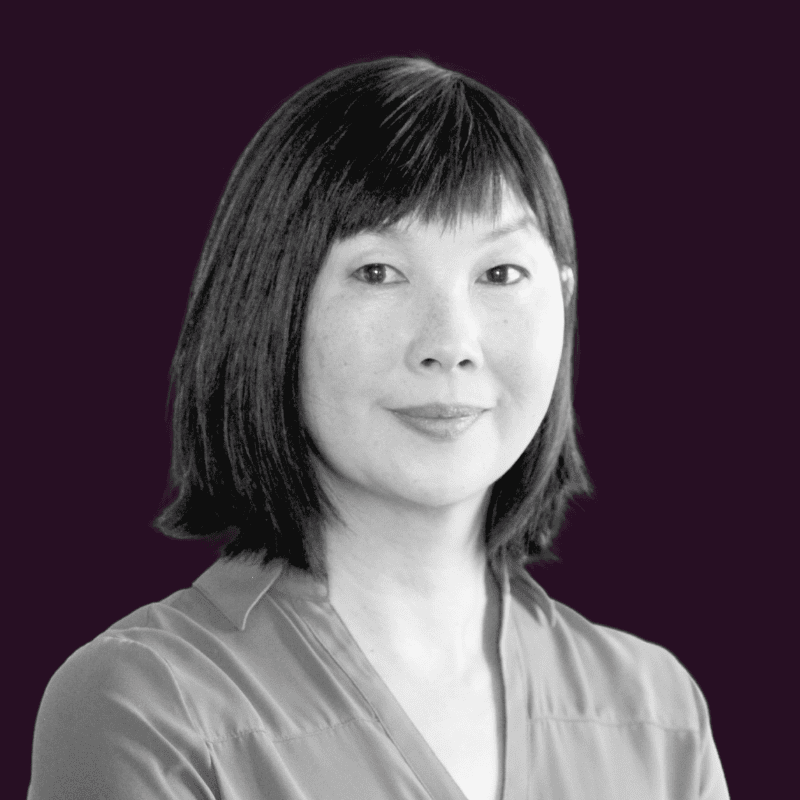 Daisy Lin, Head of Marketing, Acceleron
Daisy Lin, Head of Marketing, Acceleron
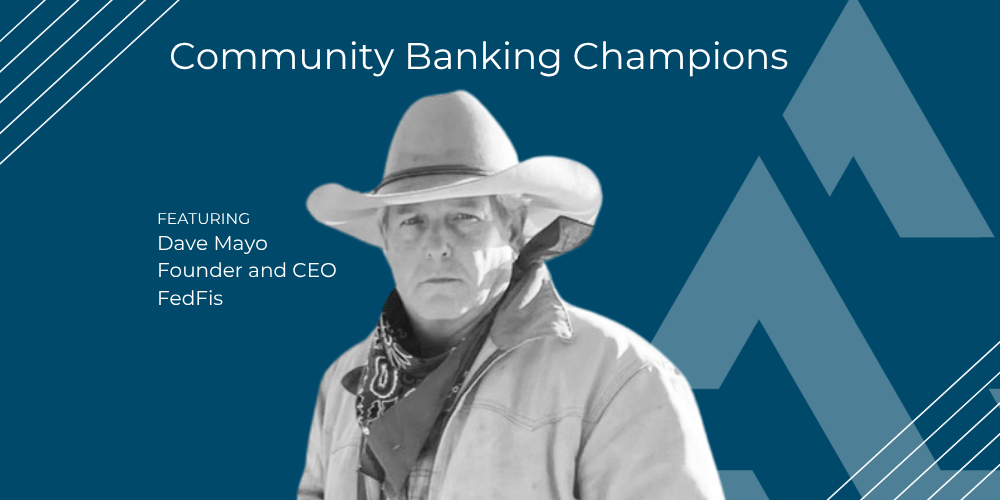
-1.png)
